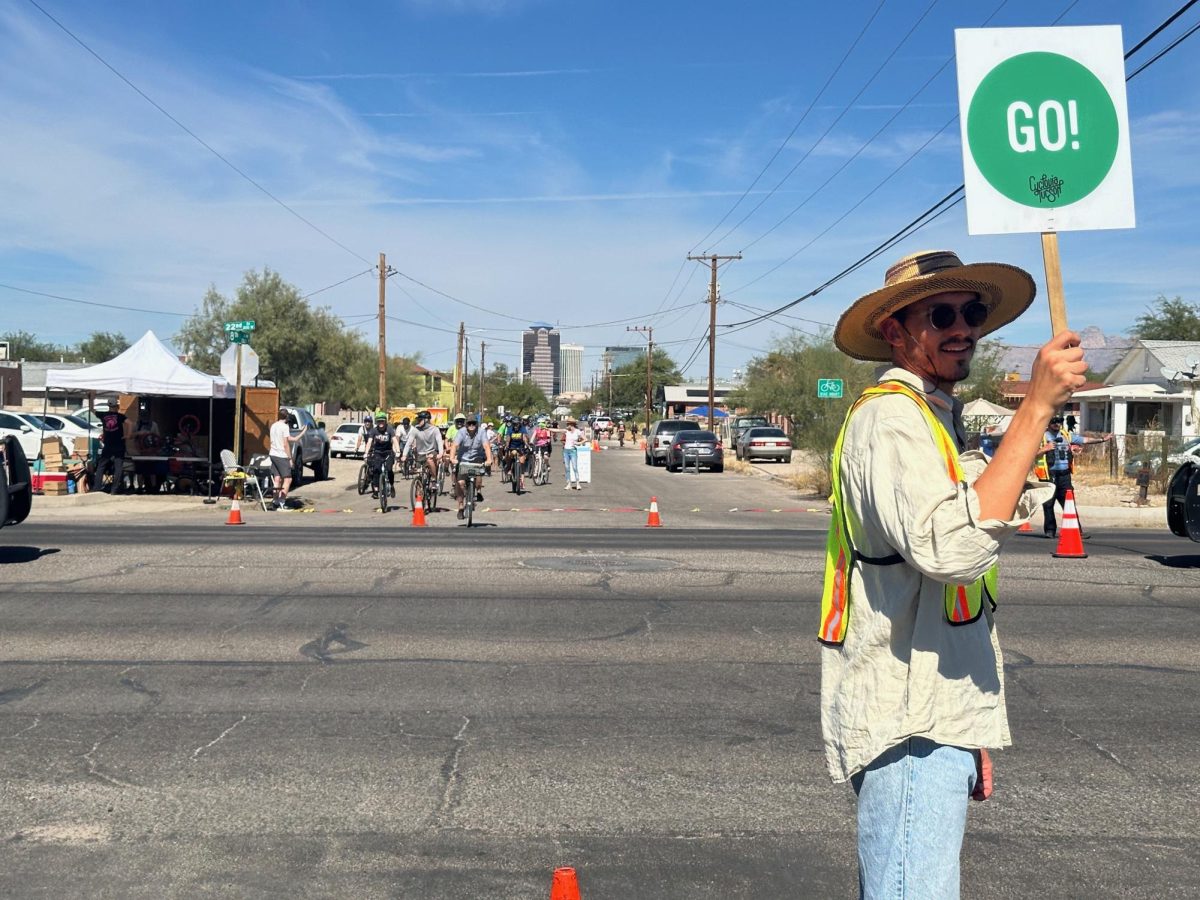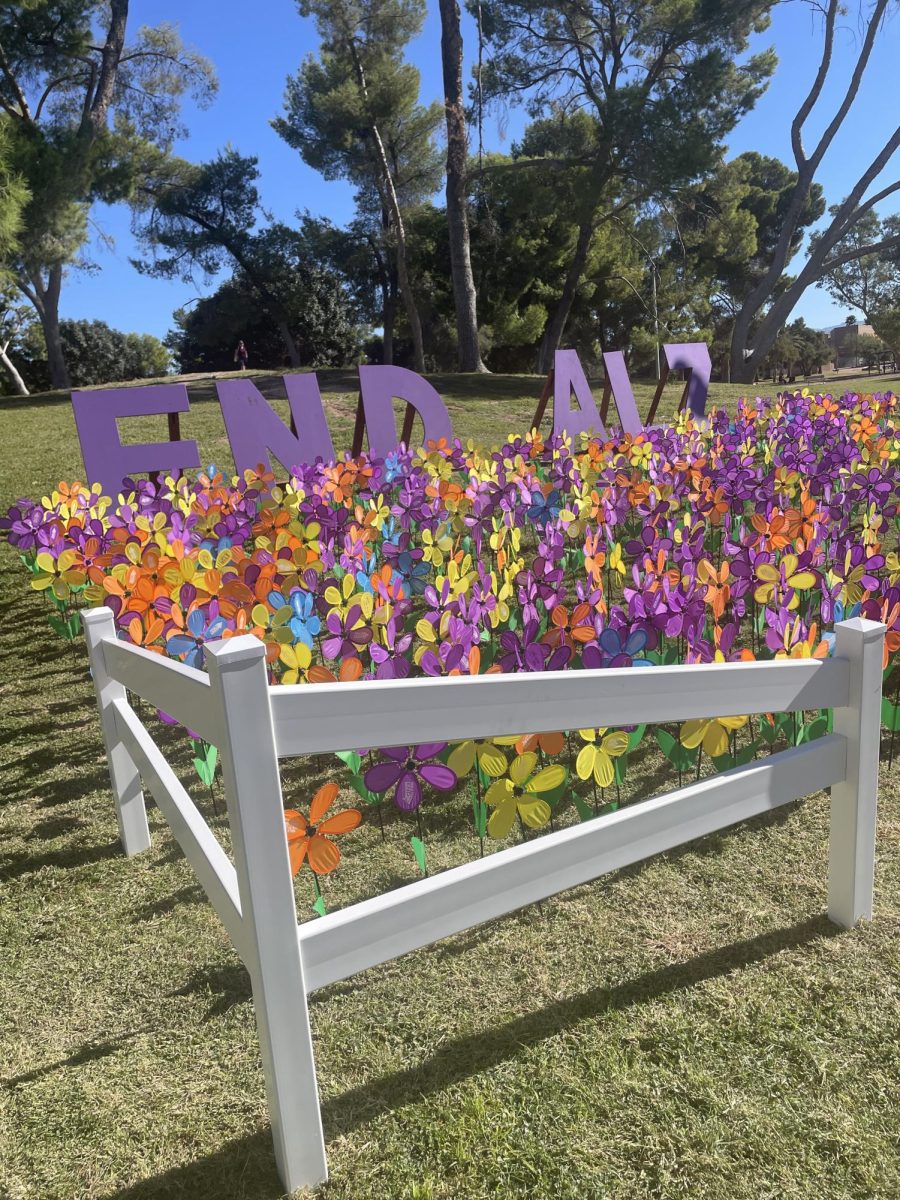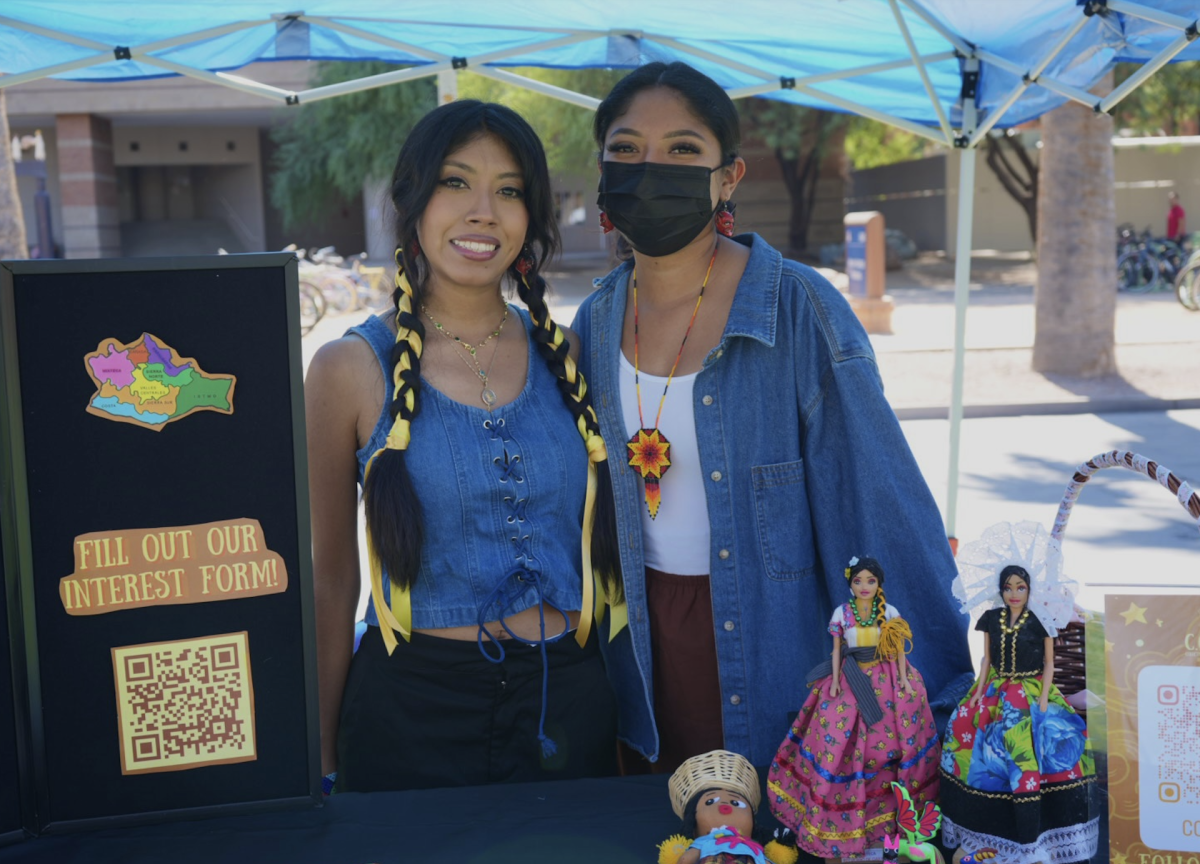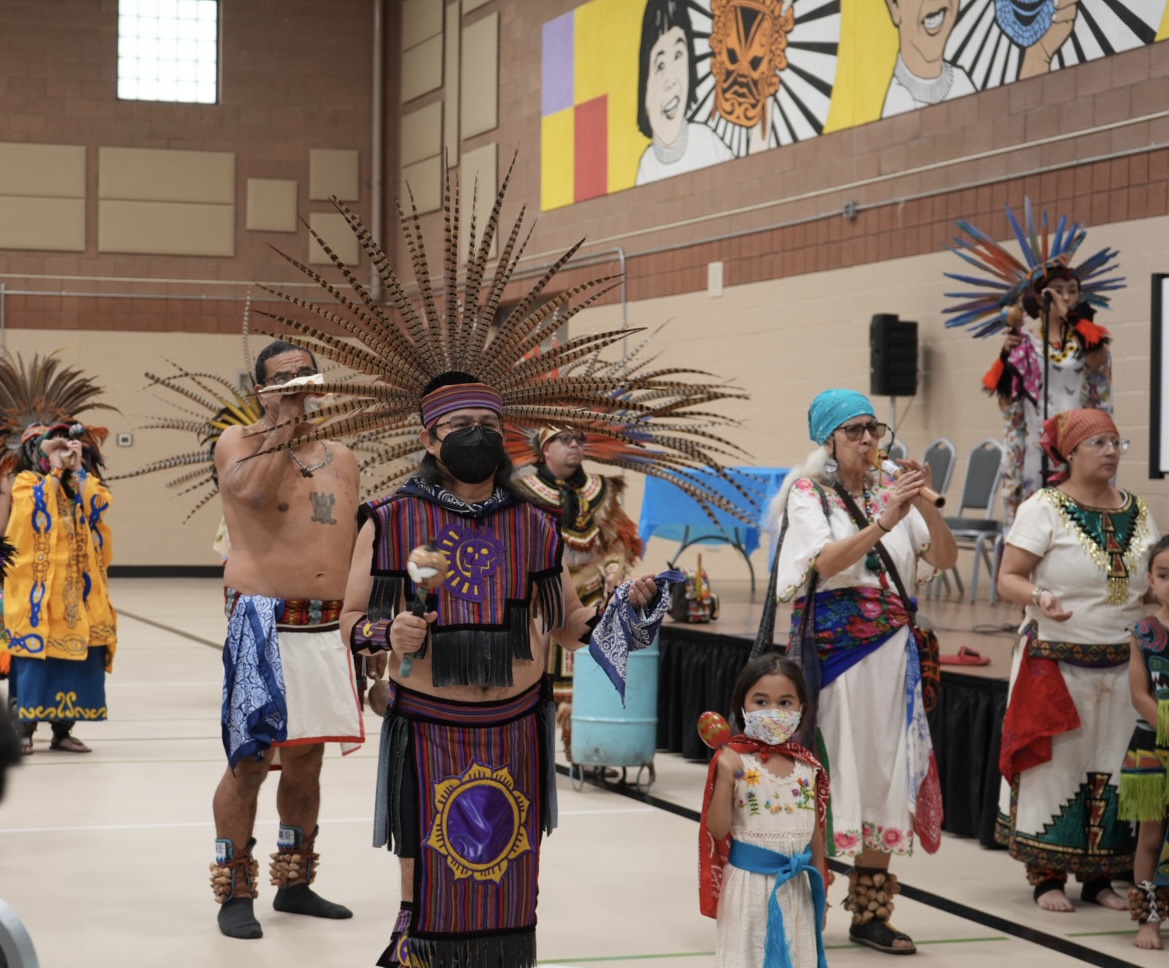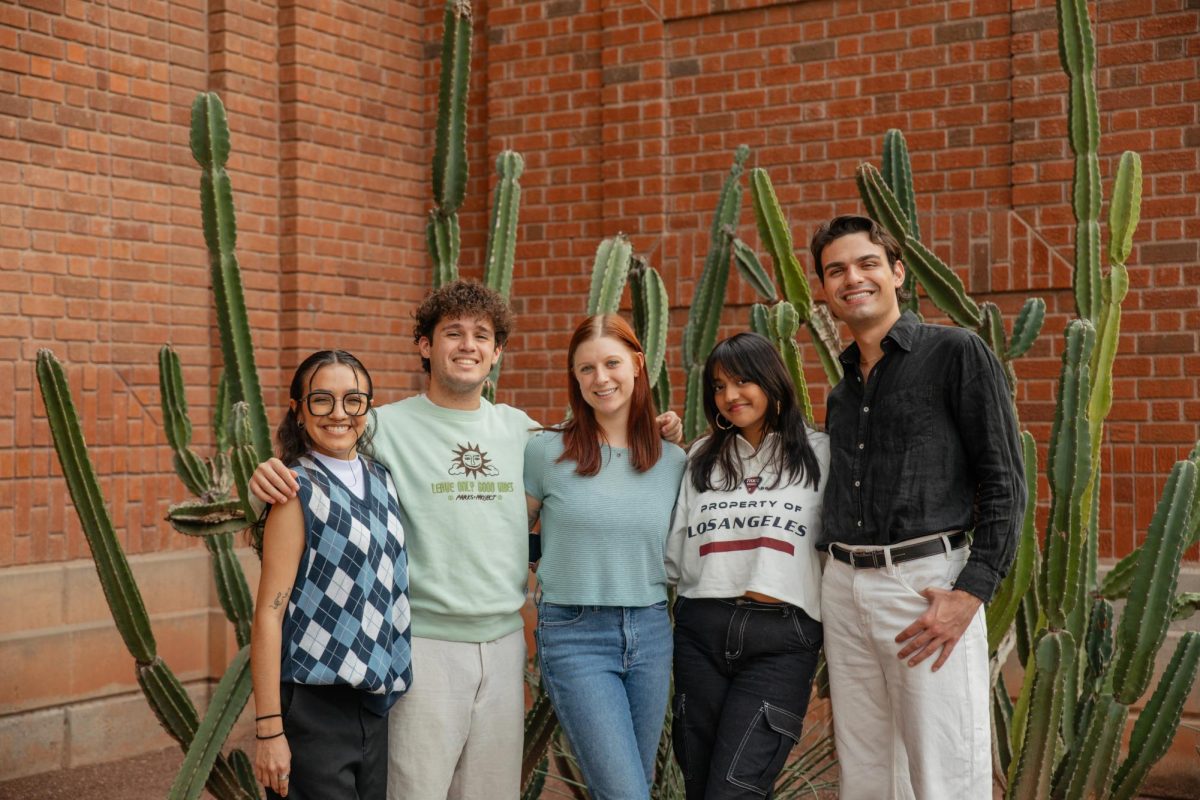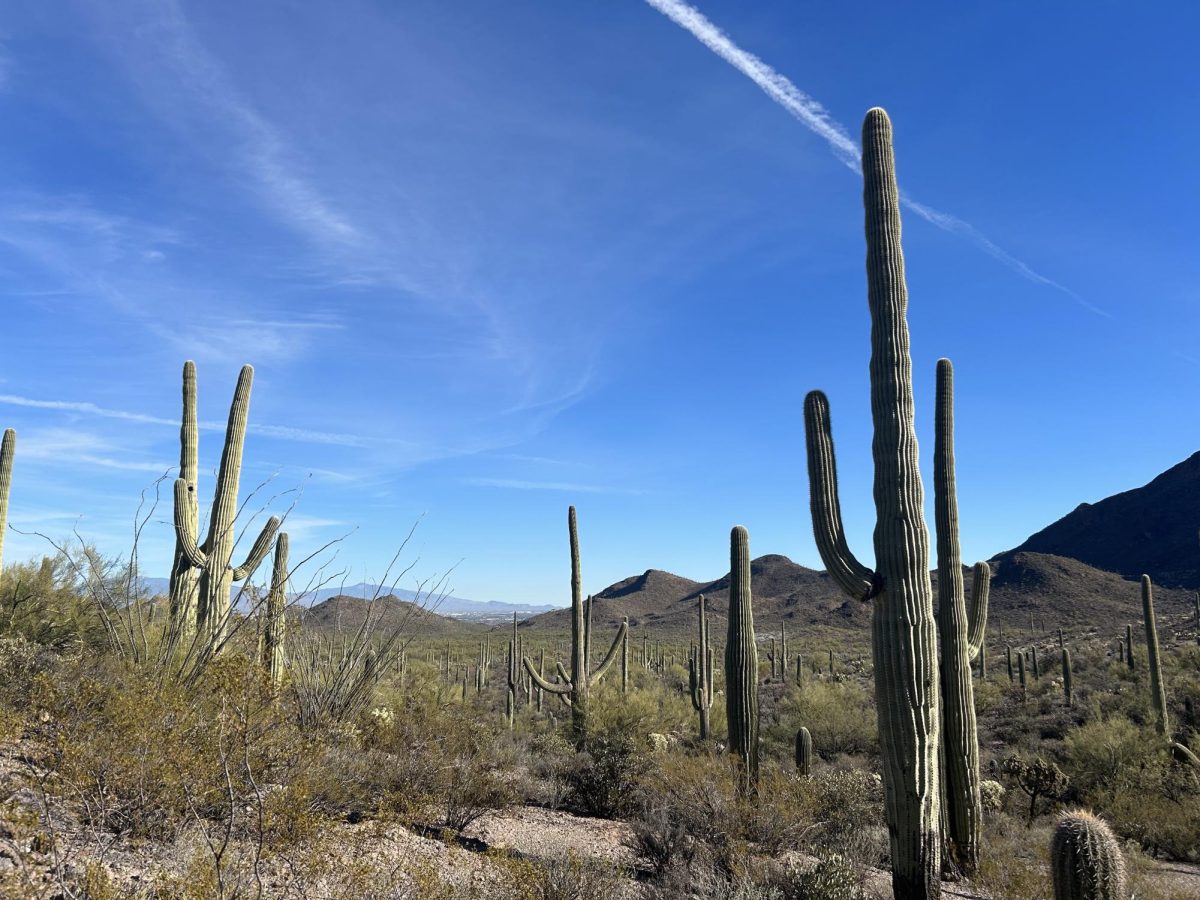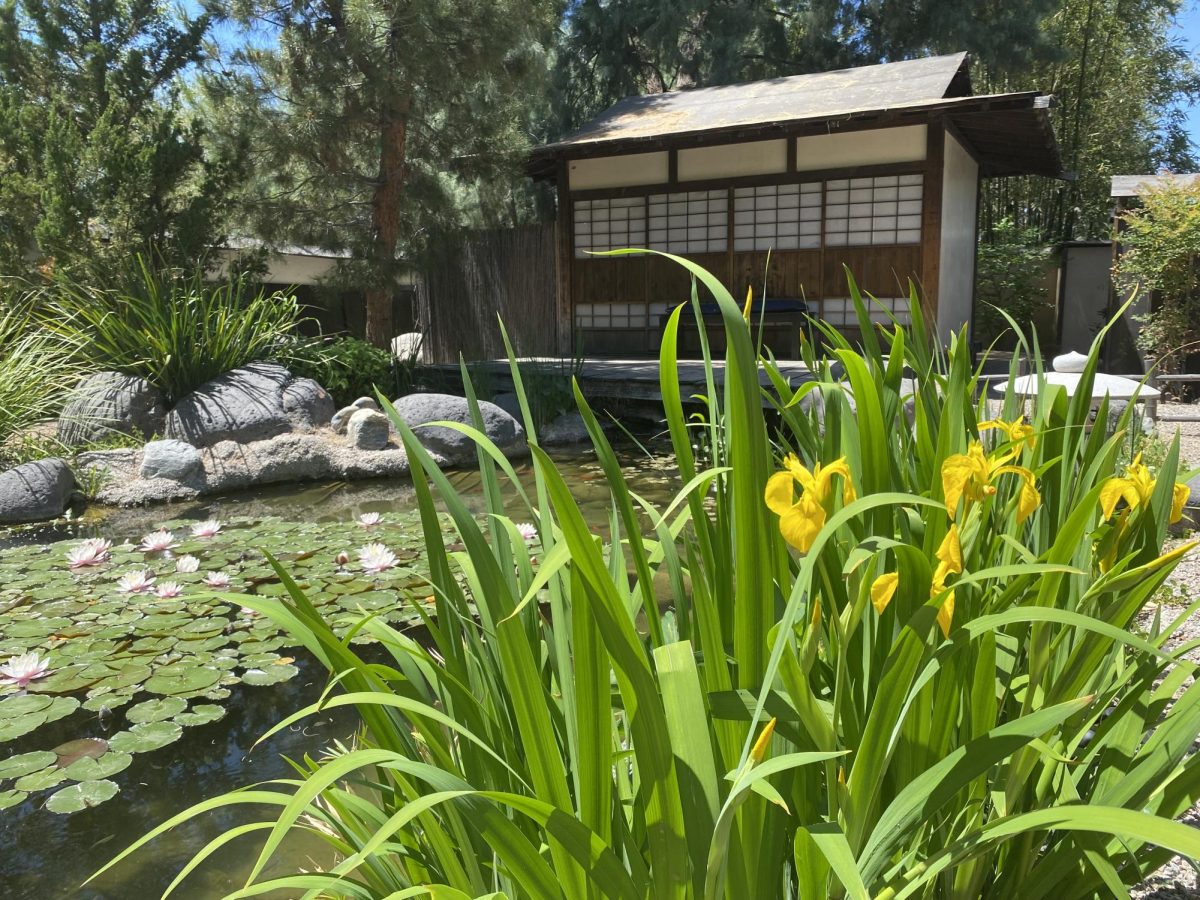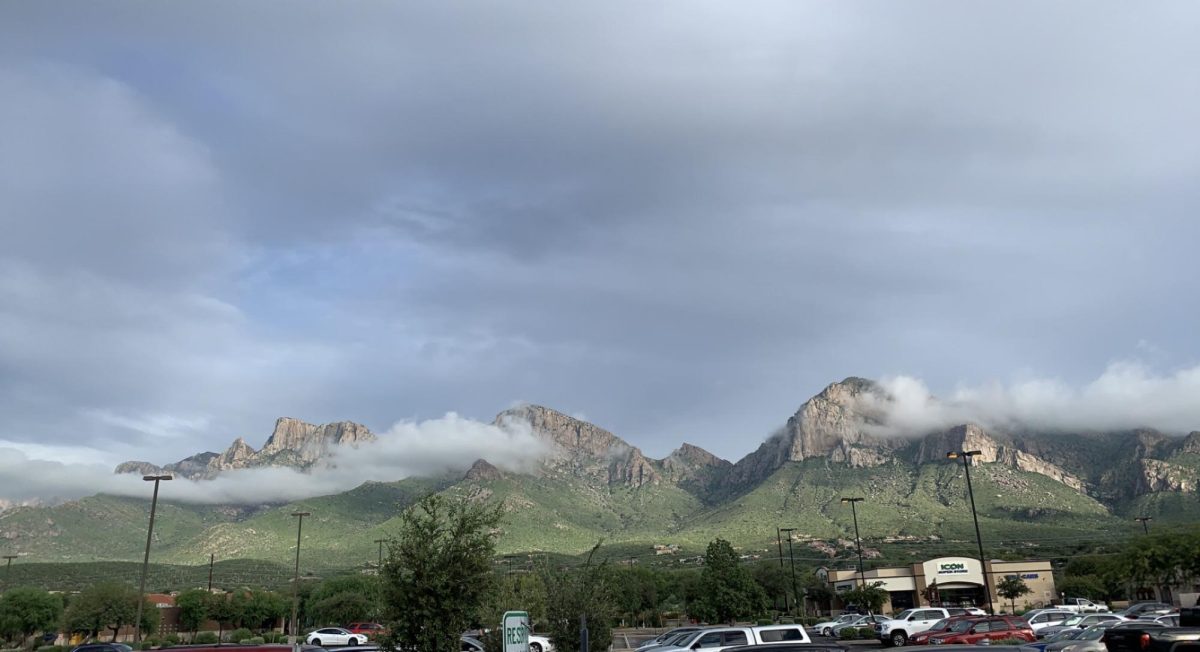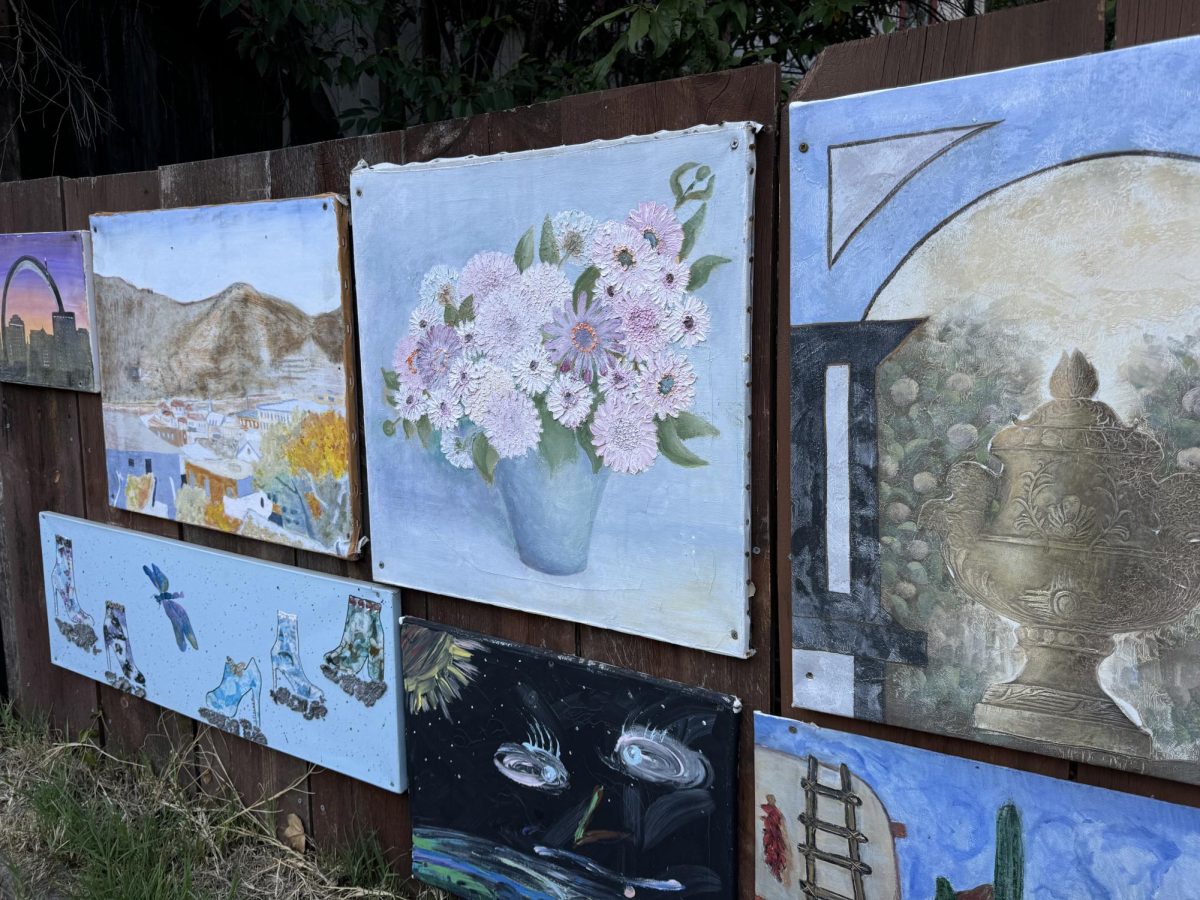
Mission Garden in Tucson, set amidst the harsh Sonoran Desert landscape, is a tribute to the region’s agricultural legacy. With a focus on history and culture, the garden is unveiling “Tomorrow’s Garden,” a project offering a glimpse into Tucson’s agricultural future.
While work is still being done on the new part of the garden, visitors can come to see what the future of gardening may look like in Southern Arizona.
This project aims to combine tradition with innovation by introducing modern crops and water-efficient gardening techniques, offering a vision of the sustainable future of agriculture.
Mission Garden, located at the foot of Sentinel Peak, is considered by many as the birthplace of Tucson. The garden is managed by the nonprofit Friends of Tucson’s Birthplace, whose goal is to “preserve, honor, protect, restore, recreate and promote the cultural heritages and historic landscapes of Tucson’s birthplace at the foot of Sentinel Peak.”
Mission Garden is a living agricultural museum that has long preserved the agricultural traditions of the Native American, Spanish, Mexican and Anglo settlers who called Tucson home for centuries. At the garden, volunteers employ gardening techniques used by early settlers and cultivate crops that would have been popular in these cultures, creating an environment reminiscent of early Tucson.
“Tomorrow’s Garden” will be a new section of Mission Garden that, instead of utilizing historical gardening techniques, will explore modern ideas and tools to make gardening environmentally friendly and reduce water waste. Given the ongoing water crises in the Southwest, these methods are crucial for both environmental sustainability and food security.

“One of the goals of Tomorrow’s Garden is to showcase modern gardening techniques that are sustainable in a future where climate change and water shortage are major concerns,” said Emily Rockey, the garden supervisor at Mission Garden.
Some of the ideas proposed include using different composts to reduce the amount of water needed for plants and employing gardening worms to improve soil health, making gardening more efficient and reducing water requirements for plants.
“I use worms in my garden, and it significantly improves soil health, making gardening much more efficient,” said Keith Thompson, a frequent volunteer at Mission Garden for the past seven years.
“Tomorrow’s Garden” had been on hold for a couple of years due to the COVID-19 pandemic. During the pandemic there weren’t many visitors to the garden, which caused a significant drop in donations, Rockey said. Mission Garden also was forced to close its gift shop, which is a significant revenue driver for new projects. Without that money, projects like “Tomorrow’s Garden” were stalled.
“We had to put it on hold a couple of times because of COVID and funding issues, but I believe we will be able to resume work on it shortly and discuss exact ideas and plans,” said Rockey.
Tucson gardening enthusiasts are excited about the new addition to Mission Garden.
“Gardening is a hobby I truly enjoy, and coming here to talk to others who share that passion is something I value,” said Mission Garden regular Jose Gaselum. “I love sharing stories and tips with fellow gardening enthusiasts, so with Tomorrow’s Garden being built, we will have more insights to exchange.”
As the plans for the garden develop, many volunteers and visitors have contributed ideas on techniques and crops that can be incorporated into the garden.
“We had a group of high school students visit and share their ideas for the garden. It’s great to see the younger generation taking an interest in gardening and Tucson’s challenges,” said Thompson.
Mission Garden’s Tomorrow’s Garden aims to educate and inspire community members to adopt effective agricultural techniques in a world where climate change and water scarcity are real concerns. It seeks to build a community that collaborates on gardening solutions to address these issues.
The garden is open 8 a.m. to 2 p.m. Wednesdays through Saturdays, located at 946 W. Mission Lane, Tucson, AZ. 85745. Learn more about Mission Garden at www.missiongarden.org.
Arizona Sonoran News is a news service of the University of Arizona School of Journalism.



